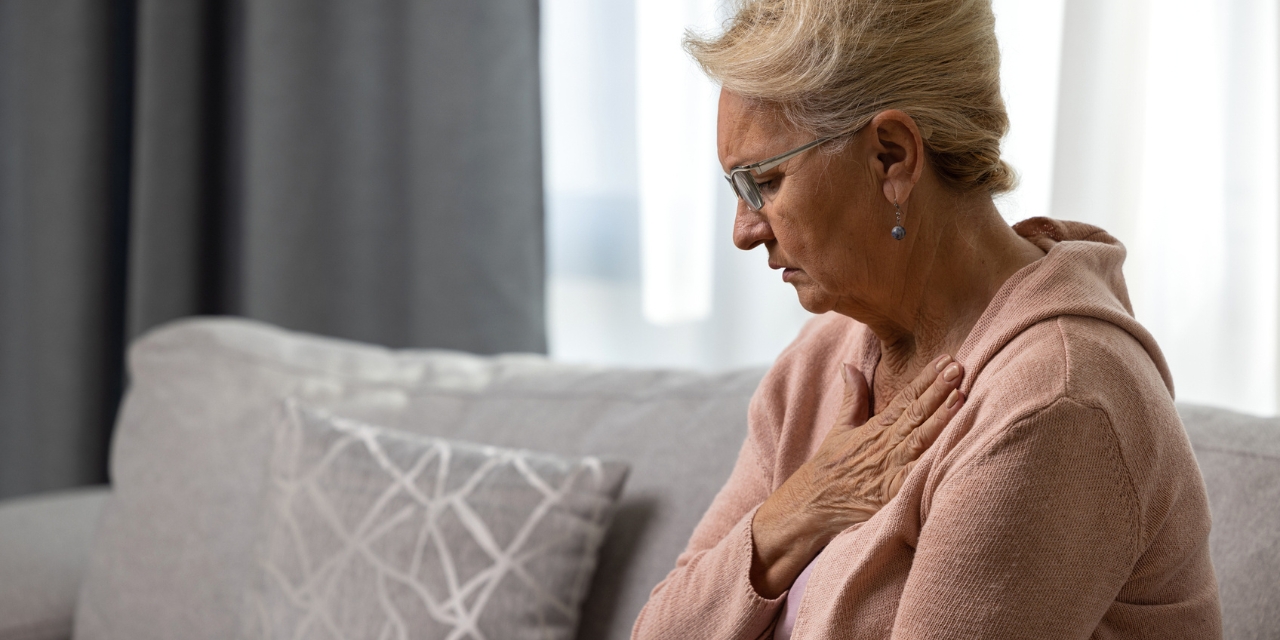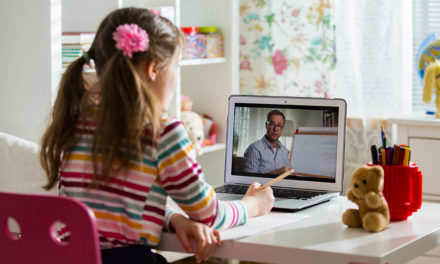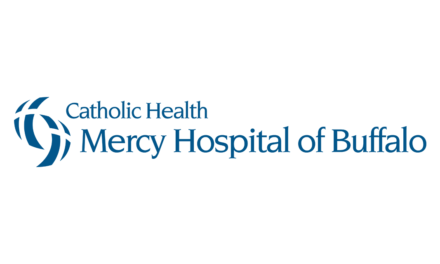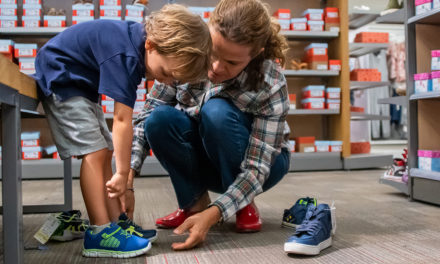One in 16 Americans will be diagnosed with lung cancer in their lifetime, and each day the disease takes approximately 350 lives. What makes lung cancer so deadly? And how can we increase survival rates?
What are the Complications of Lung Cancer?
The first and most important reason why lung cancer is so deadly is that it is difficult to diagnose. We cannot see or feel our lungs, and early stage lung cancer has no symptoms, leaving many people unaware that they have the disease. When symptoms do develop, it is usually after a tumor grows large or the cancer spreads to other areas of the body, also known as metastasis.
Common respiratory symptoms of lung cancer include:
- Shortness of breath
- Chest pain when breathing, laughing or coughing
- Repeated bouts of pneumonia or bronchitis
- Large production of mucus
- Bleeding in airways and coughing up blood
- Hoarseness or changes in voice
Lung cancer is aggressive and forms quickly, making early detection crucial for treatment to be successful.
Lung cancer can affect anyone, even nonsmokers, but most patients who are diagnosed are 65 or older. Most seniors have at least one chronic condition, and when lung cancer is added into the mix, those existing conditions and other health concerns can make treatment risky or worsen chemotherapy and radiation side effects.
Next Steps
If you are concerned about the possibility of lung cancer, or if you think you may already have it, turn to the experts at Catholic Health. Our lung specialists use advanced state-of-the-art technology to deliver a precise diagnosis, and will work with you to decide what treatment and care options are best for you.
When treating lung cancer, we take a collaborative approach to care and have a team of medical professionals working together on each case. Our specialists include medical oncologists, radiation oncologists, thoracic surgeons, pulmonologists, rehabilitation therapists, dieticians, and many more.
Taking a team-based approach offers patients the benefit of having multiple experts contribute to their care, rather than one specialist. This ensures that every aspect of your cancer care is covered, and that you get the best care possible. To schedule a lung cancer screening at one of our facilities, or to learn more about our lung cancer care program, call us at 716-314-8200.





